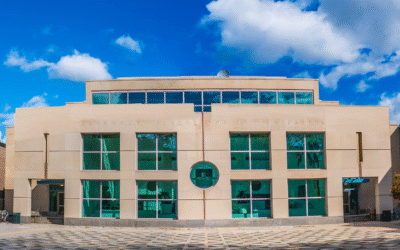CSS unites computer science, statistics, and social science to solve challenging real-world problems using digital data and platforms. Through mass collaboration with industry, government, and civil society, our research generates insights that advance basic science in the service of practical applications.
Computational Social Science Lab at Penn
CSS unites computer science, statistics, and social science to solve challenging real-world problems using novel theories. Through our mass collaboration with industry, government, and civil society, our path-breaking research generates solutions which are both innovative and practical.
News
How cable news has diverged from broadcast news
Walter Cronkite was often cited as “the most trusted man in America” as he delivered the news on CBS in the 1960s and ’70s—a time when fewer news options created a “shared reality” that scholars argue fostered civic engagement, empathy, and shared national identity. The situation looks quite different in today’s disparate media landscape.
Duncan Watts Presents Fake News, Echo Chambers, and Algorithms at Penn Engineering ASSET Seminar
Computational Social Science Lab (CSSLab) Director Duncan Watts presented: “Fake News, Echo Chambers, and Algorithms: A Data Science Perspective” at an ASSET(AI-enabled Systems: Safety, Explainability and Trustworthiness) Weekly Seminar on April 23, 2025.
Researcher Spotlight: CSSLab Members Present Work at Annenberg Workshop
Annenberg PhD student Neil Fasching and Postdoctoral researcher Jennifer Allen of the Computational Social Science Lab (CSSLab) recently presented their research on April 15th at the 2nd annual Center for Information Network Democracy Workshop: The Impact of AI on (Mis)Information. CIND is an initiative led by Annenberg faculty members Sandra González-Bailón and Yphtach Lelkes, focused on the impact of information ecosystems on democratic participation in the digital age.

Over the past 100 years, social science has generated a tremendous number of theories on the topics of individual and collective human behaviour. However, it has been much less successful at reconciling the innumerable inconsistencies and contradictions among these competing explanations.
—
Duncan Watts
CSSLab Founder

Over the past 100 years, social science has generated a tremendous number of theories on the topics of individual and collective human behaviour. However, it has been much less successful at reconciling the innumerable inconsistencies and contradictions among these competing explanations.
—
Duncan Watts
CSS Lab Founder




